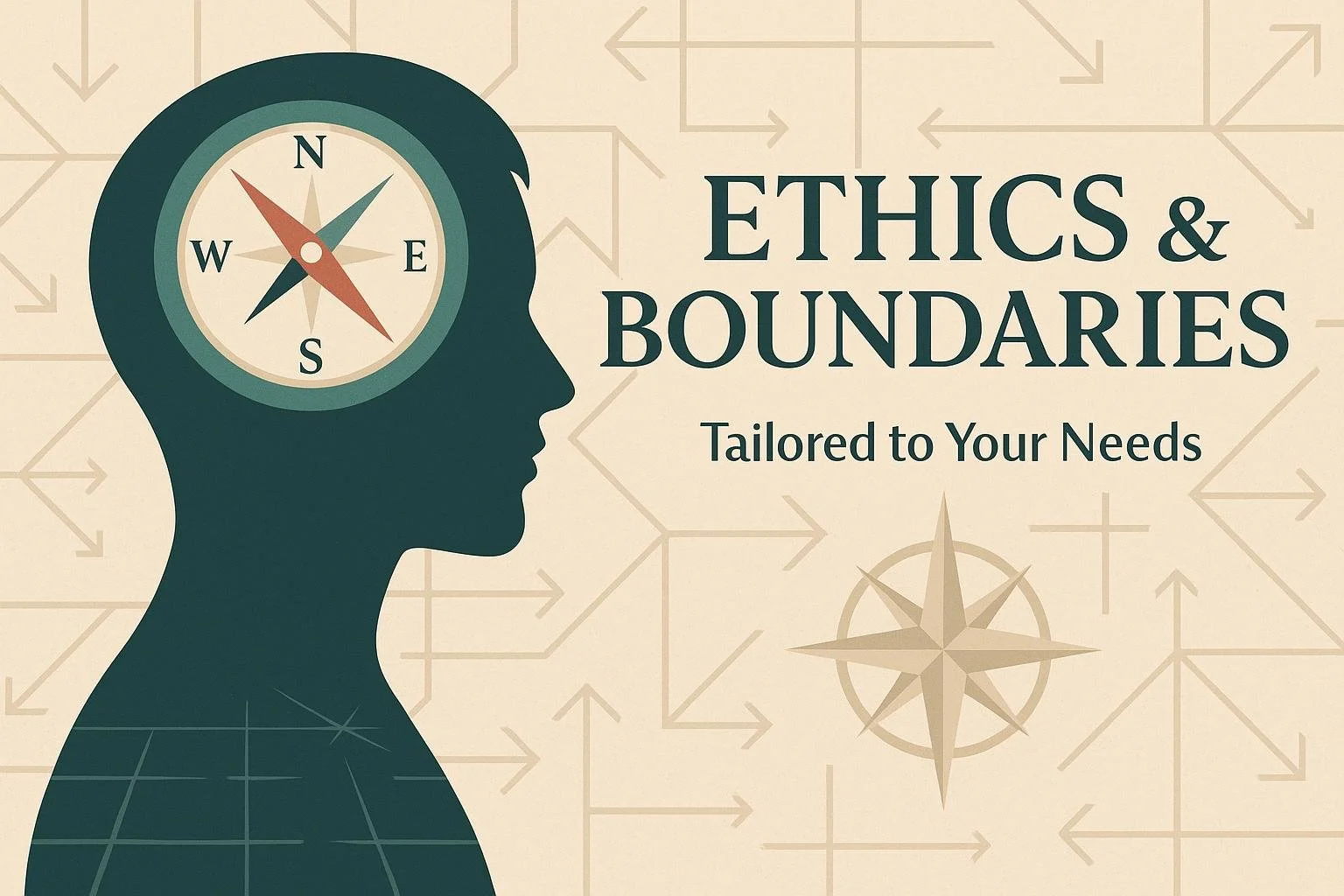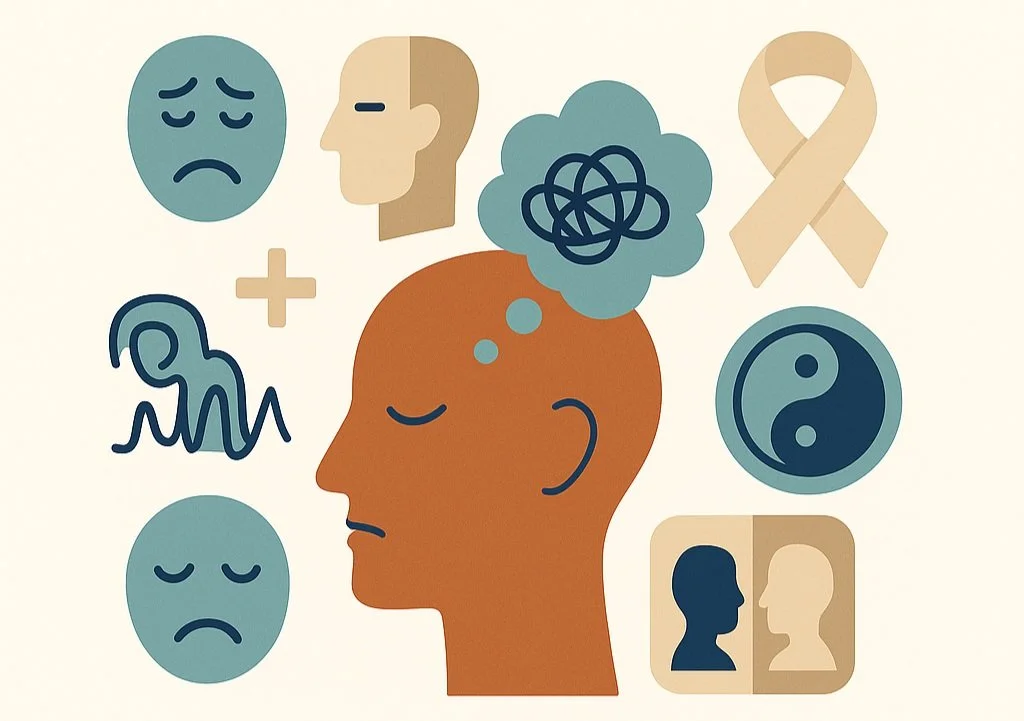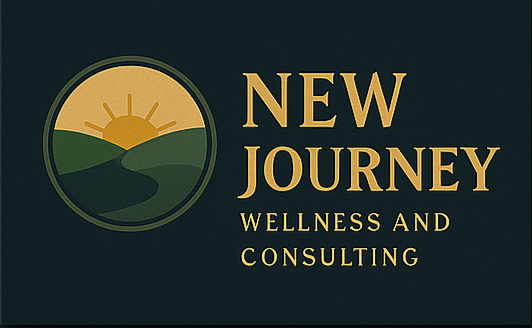Trainings
-

Trauma Informed Care 101
This foundational workshop is ideal for anyone working in a person-centered role—from behavioral health and social services to education, law enforcement, or frontline support. Participants will gain a deeper understanding of how trauma impacts behavior, communication, and recovery—and why a trauma-informed approach is essential to effective, compassionate care.
Blending educational content, personal storytelling, interactive group discussion, and even a little friendly trauma-informed trivia, this session keeps engagement high while delivering meaningful, real-world strategies. Attendees will leave with concrete tools for incorporating trauma-informed principles into daily interactions—especially in moments of escalation—while fostering safety, trust, and empowerment across all levels of care.
Learning Objectives:
Understand the core concepts of trauma and how it affects clients’ emotions, behavior, and recovery potential.
Learn practical, trauma-informed de-escalation techniques to promote safety and reduce re-traumatization.
Explore ways to embed trauma-informed practices into all aspects of person-focused work, from policy to personal interaction.
Experience the power of storytelling, group dialogue, and interactive learning in deepening trauma awareness.
-

The Prevalence of Secondary Trauma in Helping Professions: How We Keep Ourselves Safe
In the helping professions, many of us carry personal stories that deepen our empathy and connection to the people we serve. These experiences can be powerful assets—but they can also leave us more vulnerable to the effects of Secondary Traumatic Stress (STS).
This engaging and insightful workshop explores the impact of secondary trauma on professionals working in mental health, social work, education, healthcare, and beyond. Through a mix of educational content, real-life reflection, and interactive discussion, participants will learn to recognize the signs of STS, understand the types of trauma that drive client behavior, and develop concrete strategies for prevention and recovery.
We’ll also explore the link between secondary trauma and interpersonal conflict in the workplace—and how trauma-informed communication and boundary-setting can help resolve these tensions in a healthy, effective way.
Learning Objectives:
Understand the different types of trauma that may influence client behavior, decision-making, and interpersonal reactions.
Identify the signs and symptoms of Secondary Traumatic Stress in helping professionals.
Explore prevention techniques and develop practical coping strategies for managing STS and reducing emotional burnout.
Discuss trauma-informed approaches to interpersonal conflict resolution in professional environments.
-

Ethics & Boundaries in Practice: A Customized Approach
Every agency faces unique challenges when it comes to upholding ethical standards and maintaining healthy professional boundaries. This fully customizable workshop is designed to meet the specific needs of your organization—whether you're navigating confidentiality concerns, dual relationships, role clarity, cultural considerations, or anything in between.
We'll work with you to tailor content that aligns with your setting, population, and staff roles. From small-group discussions and real-world case studies to interactive activities and policy reviews, this training offers an engaging, applicable, and highly relevant experience.
Whether you're looking to meet continuing education requirements or address agency-specific concerns, this workshop adapts to your team—not the other way around.
🛠 Topics May Include:
Ethical decision-making frameworks
Boundary setting in high-stress environments
Navigating dual relationships and role confusion
Cultural humility and ethics
Confidentiality and consent
Technology and digital boundaries
Trauma-informed ethical practice
Interdisciplinary collaboration challenges
-

Common Mental Health Diagnoses in Adolescents and Adults
This training offers a practical and comprehensive introduction to the most frequently encountered mental health diagnoses in both adolescents and adults. Topics include Anxiety Disorders, Depression, Bipolar Disorder, Personality Disorders, Post-Traumatic Stress Disorder (PTSD), Schizophrenia, and more. Attendees will learn to identify common symptoms, understand appropriate treatment options, and explore strategies for supporting individuals living with these diagnoses. This training is designed for anyone seeking to enhance their mental health literacy and improve their ability to respond with empathy and effectiveness.
This training can also be customized to focus on specific diagnoses relevant to your organization, setting, or population served. Additionally, the length of the training is flexible—options include 45-minute, 60-minute, or 90-minute sessions to fit your scheduling needs.
Learning Objectives:
Identify the most common mental health diagnoses affecting adolescents and adults today.
Recognize key symptoms and presentations of specific mental health conditions.
Understand evidence-based treatment approaches and supportive interventions.
Apply practical strategies for supporting individuals with mental health diagnoses in personal or professional contexts.
-

Trauma Responsive De-Escalation Techniques: A Nervous System-Informed Approach to Conflict and Connection
Escalation happens everywhere — in classrooms, clinics, offices, grocery stores, and homes. This workshop takes a trauma-responsive lens to everyday conflict, helping participants build skills to remain grounded, compassionate, and effective when tensions rise.
Through interactive discussion, real-life examples, and evidence-informed strategies, participants will explore how the nervous system responds to perceived threats, why some people escalate even without a trauma history, and how to support others (and yourself) in moments of distress. Whether you're a clinician, teacher, parent, supervisor, or simply a human who talks to other humans — this training will give you the tools to de-escalate with curiosity and care.
Participants will walk away with practical techniques, situational adaptations for various relationships, and a renewed sense of confidence when facing conflict.
Learning Objectives:
Describe how trauma and stress impact the brain and nervous system during escalation.
Identify common behavioral and physiological signs of escalation.
Apply trauma-responsive de-escalation techniques across different interpersonal dynamics (e.g., client/professional, parent/child, coworker/coworker).
Differentiate between trauma-driven and learned escalated behavior — and respond effectively to both.
Demonstrate strategies to remain self-regulated and grounded during difficult interactions.
Assess when to step away, call for help, or involve additional support without causing harm.
-

Leadership Workshop: Compassionate, Boundaried, & Burnout-Resistant Leadership
Leadership is equal parts people skills, emotional steadiness, and clear expectations—and most leaders are thrown into the role without ever being taught how to do it well. This workshop gives leaders a practical, human-centered framework for handling tough conversations, setting healthy boundaries, and preventing burnout (their own and their team’s).
Through interactive activities, real-life scenarios, and evidence-informed strategies, participants learn how to stay grounded during conflict, support employees without slipping into therapy mode, and lead with both compassion and firmness. Whether you supervise a small team or oversee an entire department, this training builds the skills leaders need to create predictable, supportive, and accountable workplaces.
Participants will leave with concrete scripts, de-escalation tools, boundary-setting strategies, and a 30-day leadership plan they can implement immediately.
Learning Objectives
Participants will be able to:
Recognize early indicators of leadership and staff burnout.
Apply a clear 4-step de-escalation framework during emotionally charged interactions.
Set compassionate boundaries that maintain role clarity and team expectations.
Rewrite ineffective leader responses into grounded, professional, emotionally regulated communication.
Implement zero-cost leadership habits that improve morale, reduce stress, and strengthen team trust.
Looking for something different?
My trainings are designed to be flexible. If you’re not seeing exactly what you need, I’m happy to create a custom training tailored to your team, your goals, and the realities of your work.
What People Are Saying
““Kristina nailed it. She tailored our ethics and boundaries training with precision and heart, making complex topics feel approachable and engaging. Her warmth, clarity, and relatable style left such an impact that multiple directors asked for her info afterward. That alone says it all.””
